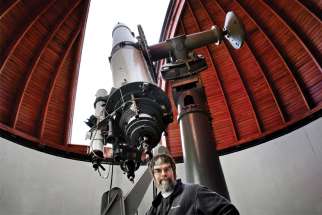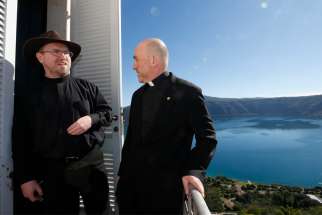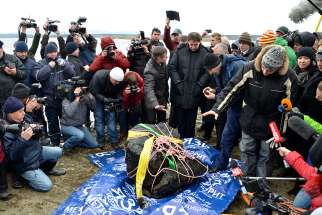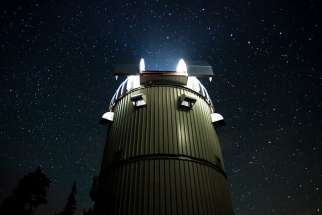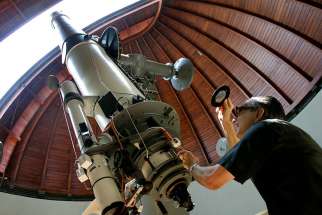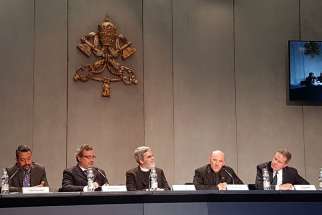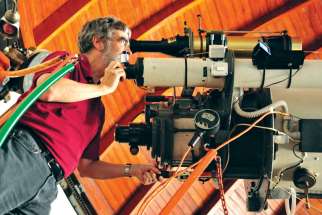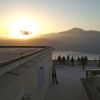Taking science back from the culture wars
In the COVID era, there’s no news like science news — the fastest vaccine development in human history has been news all year.
HOUSTON -- At the Vatican Observatory in Castel Gandolfo near Rome, Jesuit Brother Robert Macke finds his work as the curator of meteorites for the Vatican Observatory -- formally founded in 1891 by Pope Leo XIII -- allows him to, as the Jesuit saying goes, "find God in all things."
Vatican Observatory holds first workshop with world's meteorite, extraterrestrial curators
Vatican stargazers look for divine inspiration
CASTEL GANDOLFO, Italy – In a forgotten corner of the pope's sprawling summer estate at Castel Gandolfo in the hills outside Rome, an unusual group of astronomers and cosmologists looks to the heavens for divine inspiration.
Pope Francis urges scientists ‘never to fear truth’
VATICAN CITY – Pope Francis told a group of astronomers that scientific questions about the universe and its origins sometimes clash with theology and spiritual beliefs, but he encouraged them to continue their quest for knowledge and "never to fear truth."
VATICAN CITY – The Jesuit director of the Vatican Observatory, who has worked as an astronomer and planetary scientist at the Vatican for more than 20 years, told journalists Monday that faith and reason are hardly at odds.
Vatican astronomers applaud discovery of Earth-sized planets
VATICAN CITY – The quest to find life on other planets got a boost when astronomers confirmed the existence of at least seven Earth-sized planets orbiting a red dwarf star just 40 light years away.
Vatican scientist's work inspired by his faith
For the budding Catholic scientist, many pundits present two exclusive and diverging paths. A person can take the path of science, reason and logic, or the path of religion, dogma and the intangible.
VATICAN CITY - A papal astronomer won recognition for his ability to communicate accurately and clearly the discoveries of planetary science to the general public.
CASTEL GANDOLFO, Italy - It looked like a mini-United Nations, but the attendees were wearing shorts and T-shirts and, over coffee, they talked about the birth of star clusters rather than a ban on cluster bombs. Also, the location wasn't Manhattan or Geneva, but a refurbished monastery immersed in the papal gardens behind the pope's summer villa south of Rome.
The 25 young men and women from 23 different countries were future astronomers and astrophysicists brought together by the Vatican Observatory to spend the month of June discussing "The Formation and Evolution of Stellar Clusters," which are groups of stars populating the galaxies.


